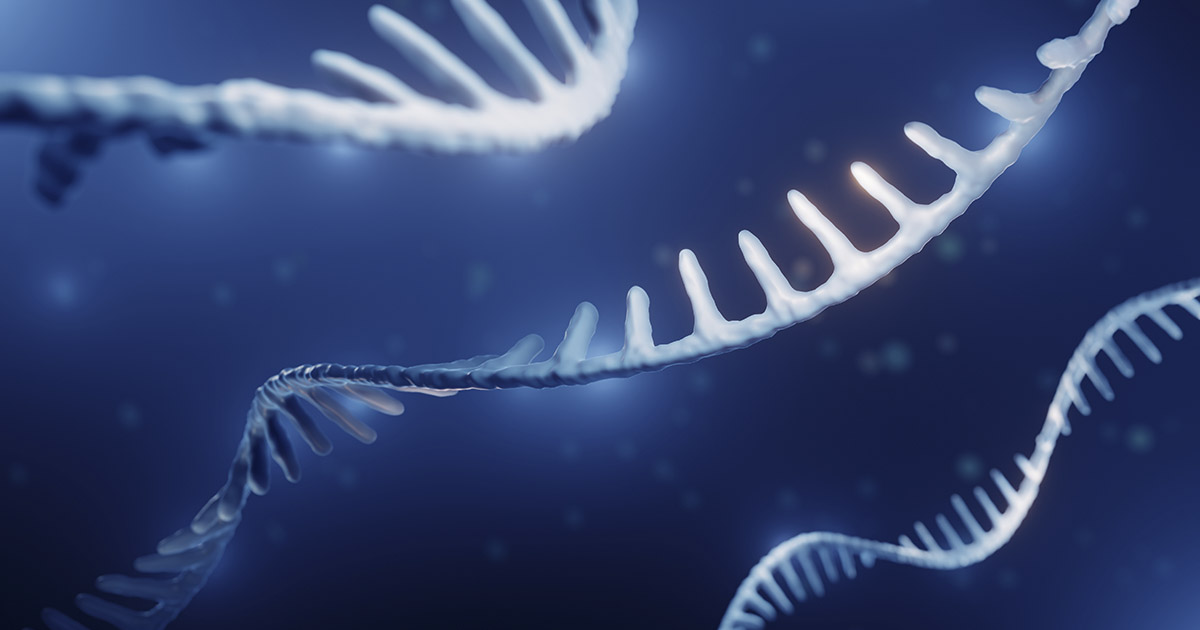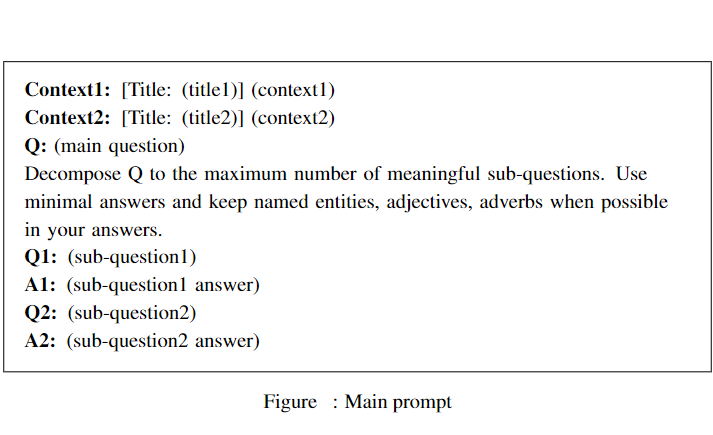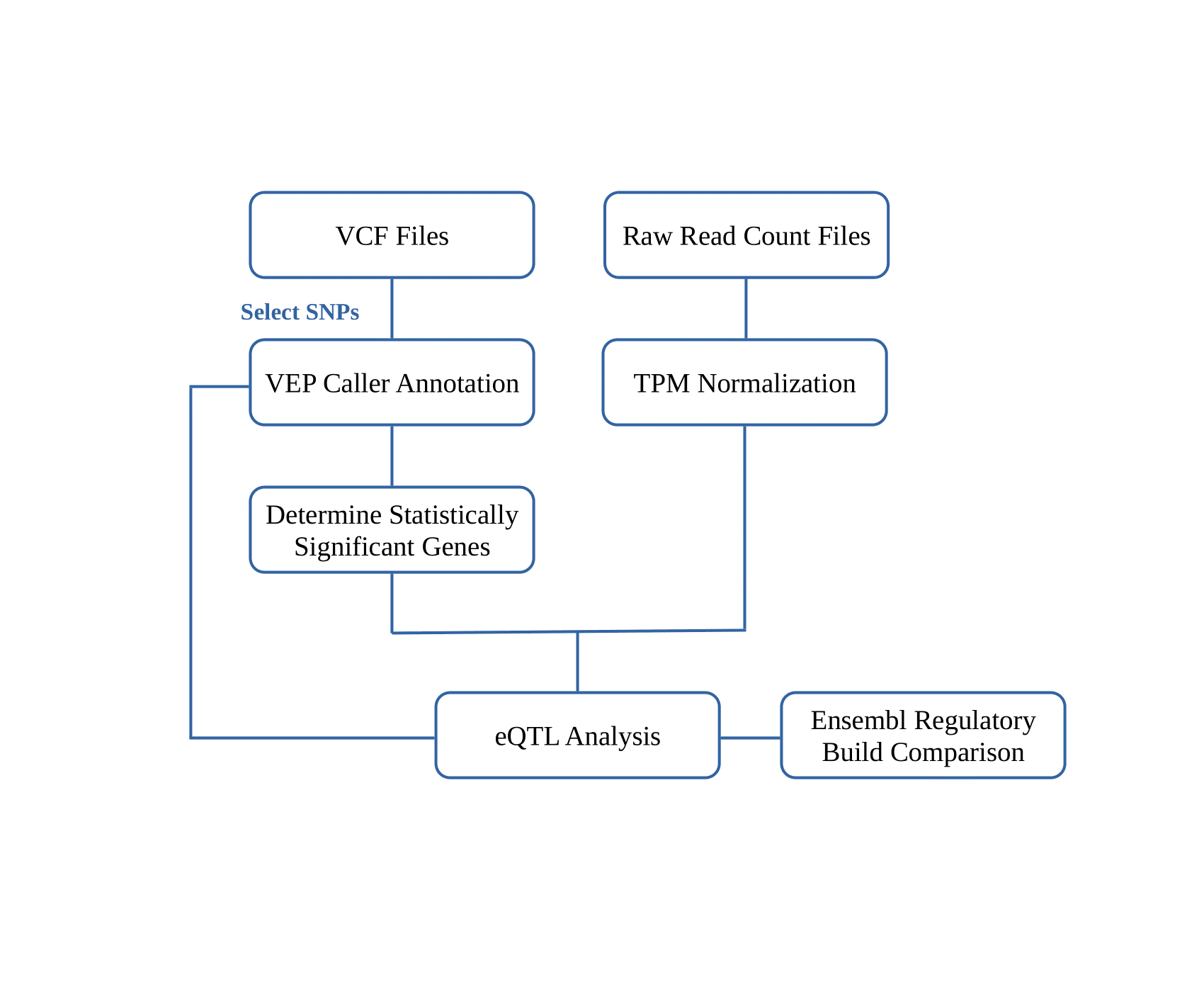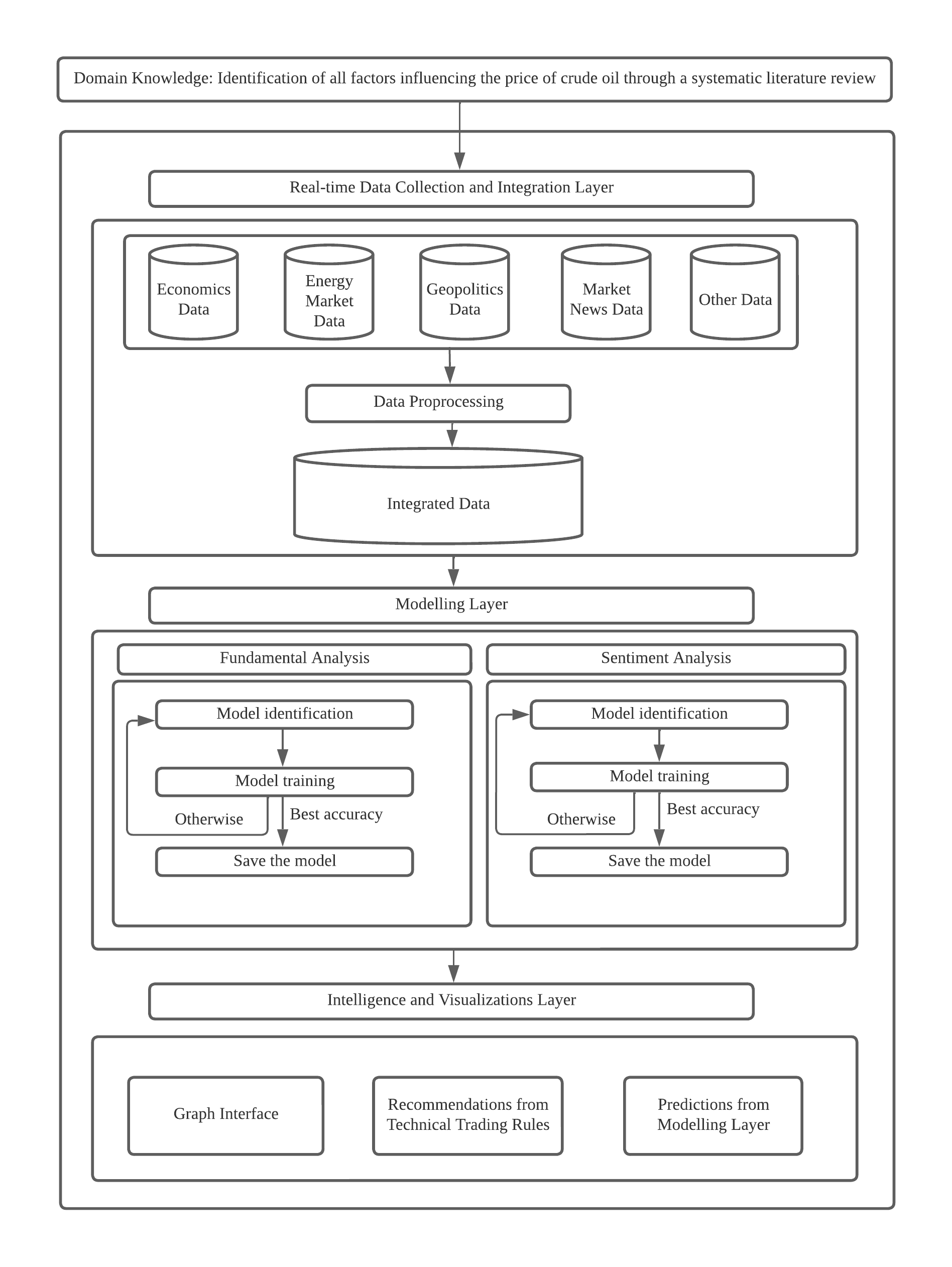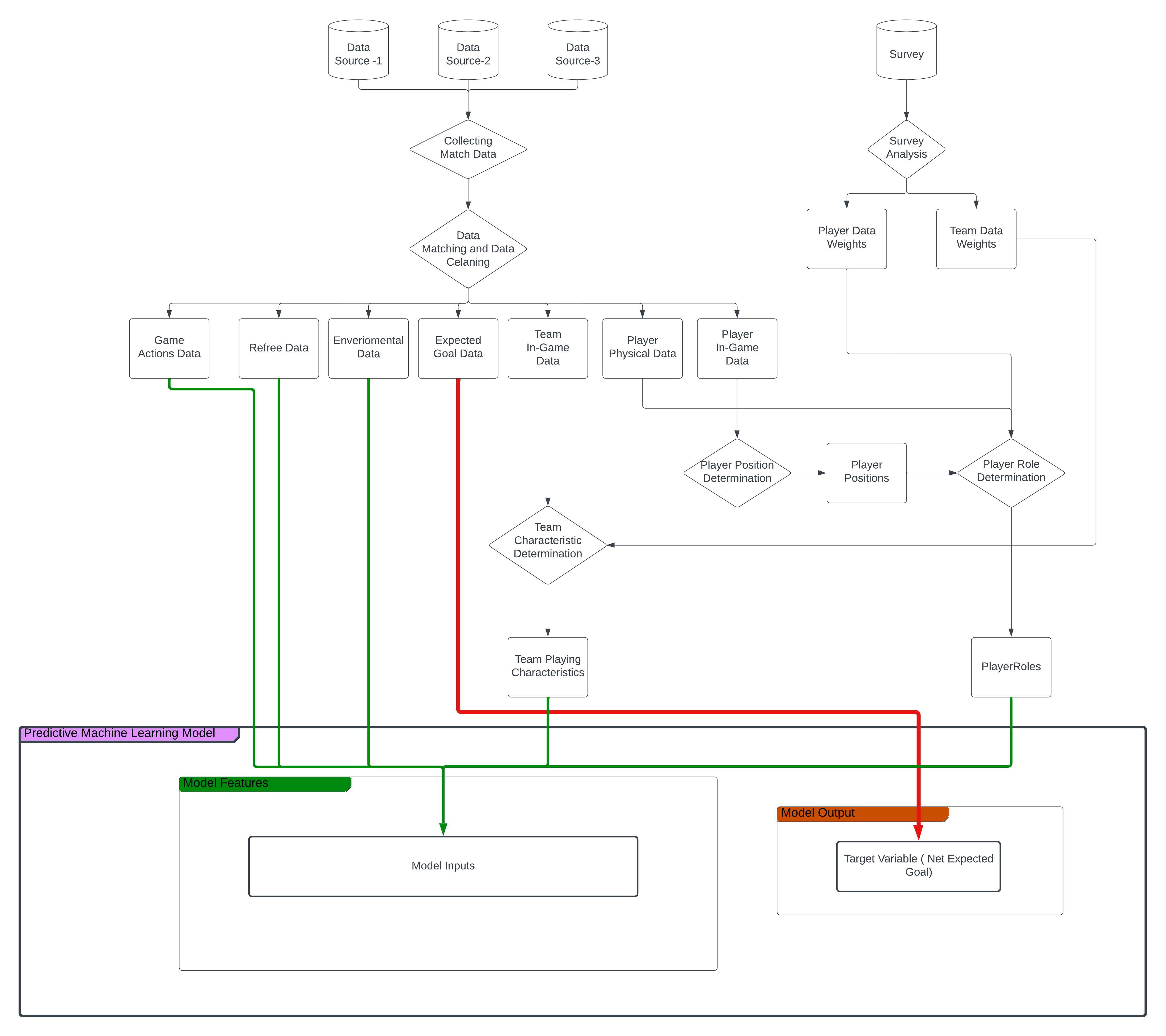Data Informatics Orientation Meeting
Dear Students,
In the 2023-2024 Academic Year Fall Term, our introduction and information meeting with our students who have been accepted to the Data Informatics program will be held face to face on September 26, 2023 at 10:00 at II-03 Classroom in Informatics Institute.
We congratulate our students who have been accepted to the program and wish them success.
